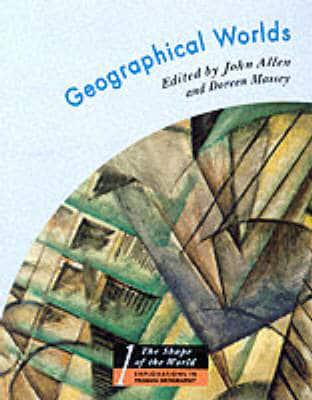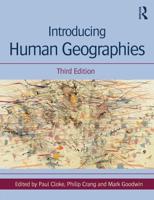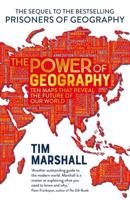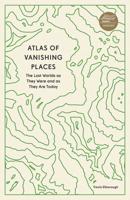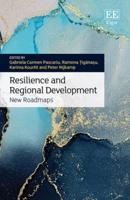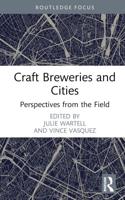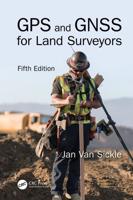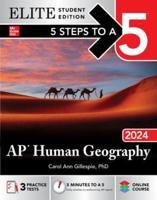Publisher's Synopsis
This is the first in a five book series offering a comprehensive, broad-based course in human geography. Geographical Worlds sets out what it means to think geographically in a world that is changing in ways that bring to the fore questions of space, place and nature. Starting with the variety of ways in which we represent the world - through maps, travel brochures or novels for example - the book draws attention to the disputed nature of geographical knowledge. It demonstrates how our understanding of the world reflects the unequal balance of power in society. The contributors go on to show how geographical thinking enables us to grasp the 'local' and the 'global', and the connections between the two. Cntral here is the fact that in this much-vaunted age of globalization, inequality is built into the very way that such connections are drawn. As a short introduction to the building blocks of geographical thinking, this book will be essential reading for students in human geography. This is the introductory volume of a five-book series which offers a comprehensive, broad-based course in human geography. The building blocks of a 'geographical imagination' are presented through some of the principal forces that are shaping the world as it approaches the twenty-first century. Each book develops different aspects of the geographical imagination, using a mixture of text and readings. The issues that are explored are at the forefront of global and economic change. In tracing the impact of shifts in cultural and political geography, they are used to teach what it is to think geographically.
